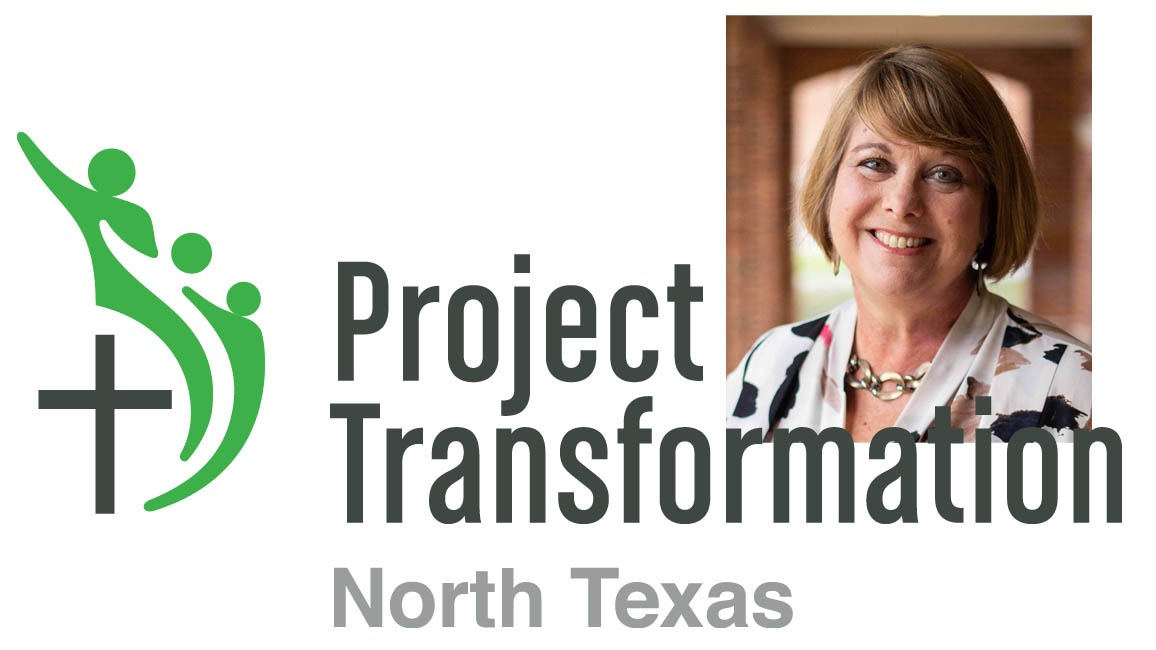New Leadership In Place For Project Transformation North Texas
 James becomes organization’s fifth executive director
James becomes organization’s fifth executive director
Kirsten Brandt James, who has more than 25 years of nonprofit management and fundraising experience, has been named executive director of Project Transformation North Texas. Most recently, James served as the Chief Development Officer of 29 Acres, working directly with the founders to raise start-up funds and build organizational infrastructure for the new supportive living community for adults with autism in Denton County.
“As a passionate advocate of youth and leadership development, Project Transformation combines so many aspects of my professional career in nonprofit management as well as my personal faith journey,” James said. “As a longtime member of Northaven UMC in Dallas, I have known about Project Transformation since its inception. Despite the challenges of COVID and 2020, I truly believe that we will continue to change communities and lives, engaging in new relationships and developing leaders.”
James is the fifth person to serve as executive director since Project Transformation North Texas’ inception in 1998. Her predecessor, Lauren Richard, has been named the CEO of Camp Fire First Texas in Fort Worth.
“After a rigorous selection process, the board is thrilled to welcome Kirsten as the new executive director,” said Rev. Susan Robb, PT North Texas board chair. “Beyond her extensive leadership and development experience, she brings a passion for our mission and for making a difference in our communities."
Across the country, Project Transformation offers an evidence-based program model that: engages 3,000 vulnerable children with positive young adult role models in a safe, supportive environment that develops both their literacy skills and their character; equips 375 college-age young adults in purposeful leadership and ministry exploration; and supports urban United Methodist churches in 43 different low-income communities to become a more vibrant, engaging presence within their neighborhoods.
One of its most significant outcomes is that 97% of the children served avoid the “summer slide” by maintaining or improving their reading levels during the summer breaks.
Published: Wednesday, October 28, 2020
